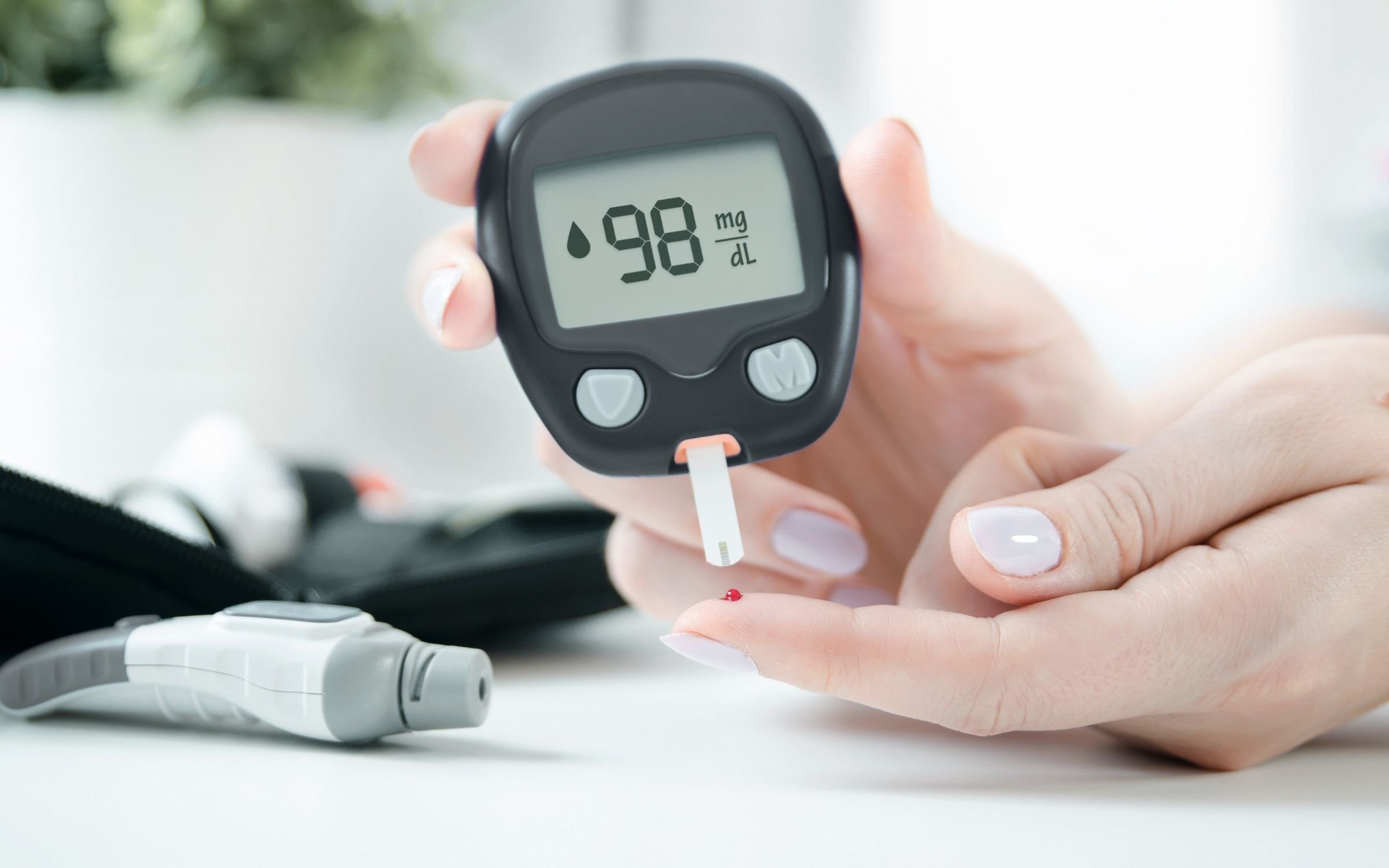Self-Care for Caregivers: Practical Strategies to Refill Your Cup Without Guilt
Caring for others is a beautiful act of love—but it can also leave you feeling exhausted, overwhelmed, or even invisible.
Whether you're supporting a loved one with a chronic illness, aging parent, or special-needs child, your health matters too.
In this post, we're sharing down-to-earth, real-life self-care ideas just for you. No fluff. No guilt. Just doable self-care for caregivers to take care of your own mind and body while still being there for others.
Sometimes caregivers feel guilty about practicing self-care, but they need to care for themselves, as well.
Make Micro-Moments Count
You don’t need hours at a spa to practice self-care. Small actions, repeated regularly, can have a big impact.
Sip a hot cup of tea without multitasking
Step outside for 5 minutes of fresh air
Listen to one favorite song while driving
Even 60 seconds of mindful breathing can help reset your nervous system. Little moments add up.
Set Boundaries That Honor Your Needs
It’s okay to say "no" or "not right now."
Examples:
Let others know your availability with a shared calendar
Turn off your phone for a few hours each day
Say no to tasks that drain you unnecessarily
Healthy boundaries protect your energy and preserve your ability to care long-term.
Ask for Help (It’s Not Weakness—It’s Wisdom)
We all need support. Reach out before you're running on empty.
Ways to get help:
Share responsibilities with family or friends
Use local respite care or community services
Join a caregiver support group (in-person or online)
You're not meant to do this alone.
Caregivers can help others best when they make self-care a priority.
Prioritize Sleep & Nourishment
Sleep and food are your fuel. When they suffer, everything else gets harder.
Quick wins:
Keep healthy snacks visible and ready to grab
Wind down with a consistent evening routine
Take power naps when nighttime sleep is disrupted
You deserve the same care you give others.
Give Yourself Permission to Enjoy Life
You are allowed to laugh, rest, and feel joy.
Ideas:
Watch a funny show
Plan something to look forward to (a walk, a call, a movie)
Journal 1 thing each day that made you smile
Self-care isn’t selfish. It’s survival.
FAQs
Frequently Asked Questions About Self-Care for Caregivers
-
Remind yourself that your wellbeing helps everyone around you. Self-care is an investment in your ability to keep showing up. Just like on an airplane, caregivers need to put on their own oxygen mask first—because you can’t care for others well if you’re running on empty. Taking care of yourself isn’t selfish—it’s necessary.
-
Use "micro-moments" throughout the day: a deep breath, stretching for 2 minutes, or taking a short walk.
-
You don’t owe anyone an explanation. You’re doing the hard work of caring—and that includes caring for yourself.
-
Signs include irritability, fatigue, trouble sleeping, and feeling detached. If these show up, it’s time to prioritize support.
-
Try local hospitals, senior centers, or online platforms like Facebook Groups or the Caregiver Action Network.
-
Yes. Mental health coaches or therapists can provide tools and emotional support for coping and setting healthy boundaries.
Key Takeaways
Self-care doesn't require big changes—small steps matter.
Boundaries are healthy, not selfish.
Asking for help is a strength.
Sleep and nutrition are non-negotiables.
You deserve moments of joy and rest.
You matter, too.
About Haven Wellness Coach
Haven Wellness Coach offers real-life health coaching for people who are ready for change — but don’t want the pressure of perfection. Whether you're feeling stuck, stretched thin, or just need support you can trust — we’re here for you with simple, down-to-earth coaching that fits your real life. Get in touch!
Hi, I’m Priya — founder of Haven Wellness Coach. I help real people manage stress, build better habits & live well with diabetes.
No judgment. Just simple, supportive coaching that fits your real life.









